
Simulated game day kicks off Welsh Women in Shooting programme
A group of enthusiastic shots enjoyed a simulated game day at F&T Sporting to kick off the BASC Wales Women in Shooting 2025 programme.
Get information on the legal shooting season for mammals and birds in the UK.
Apply for funding for your project or make a donation today
Comprehensive information and advice from our specialist firearms team.
Everything you need to know about shotgun, rifle and airgun ammunition.
Find our up-to-date information, advice and links to government resources.
Everything you need to know on firearms law and licensing.
All the latest news and advice on general licences and how they affect you.
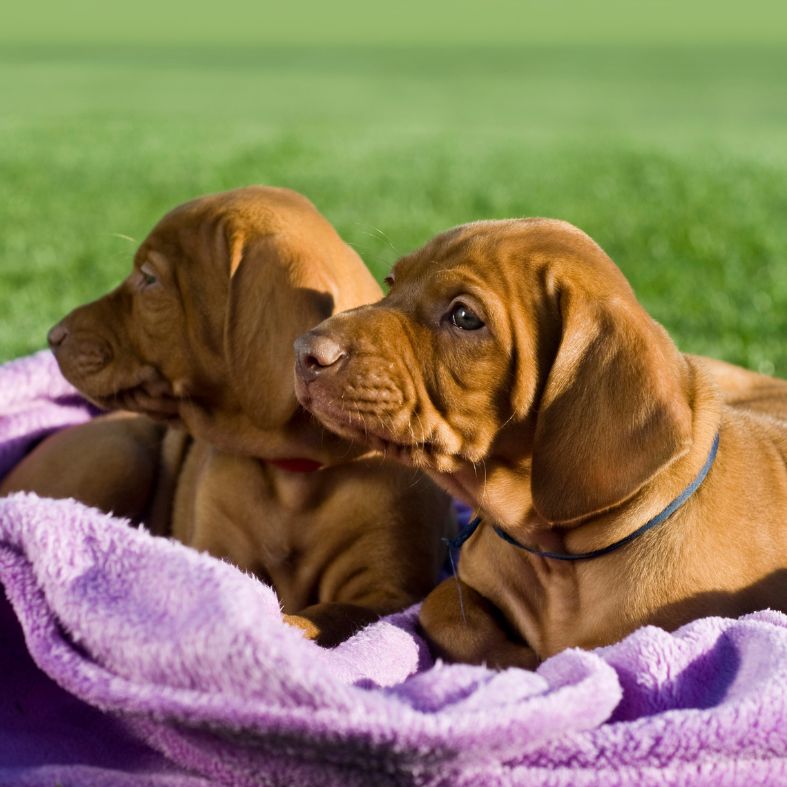

BASC’s working dog insurance provider, Agria Pet Insurance, share their advice on becoming a reputable and responsible gundog breeder.
Becoming a dog breeder must be driven by passion for your chosen breed as there is a high probability that it will become a huge part of your life.
Whether your have a love of working cocker spaniels, or you’re a flatcoat retriever enthusiast, it is really important to study the breed carefully to create a breeding plan with a long-term direction. Within this, understanding the breed’s inherent nature, characteristics, needs, and potential areas of weakness is essential.
In terms of getting started, purchase the best foundation bitch you can from a breeder whose line you admire. If you are unsure of lineage, speak to other breeders and gundog trainers and undertake some background research to inform your decisions.
Considering health, soundness and suitability is vital, as is a good temperament, as these traits will be handed down to her offspring. It is especially important to avoid introducing anti-social or unpleasant characteristics into a breed, including weakness in joints or eyes. Be wary also of perpetuating a line already prone to larger health problems.
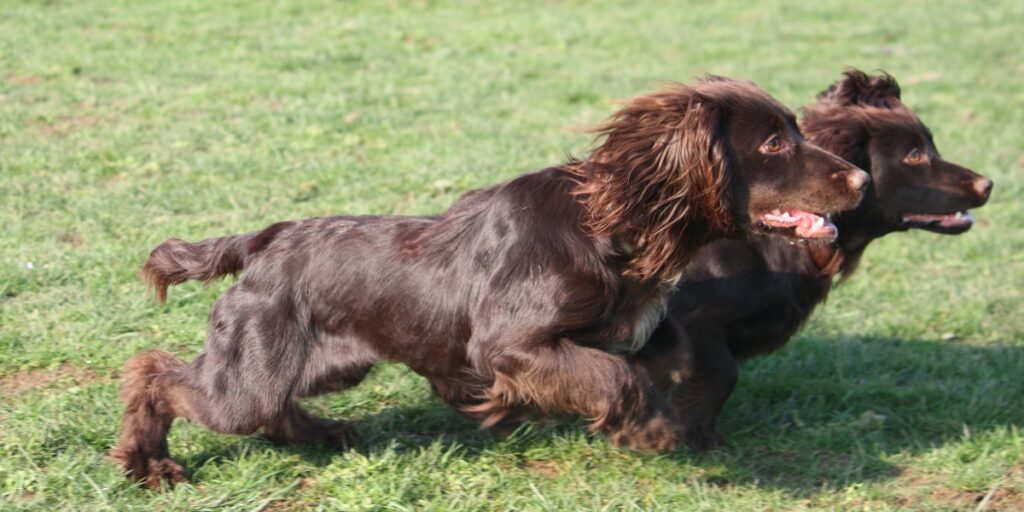
Health tests are essential for gundog breeds in the UK to ensure the wellbeing of future generations and maintain the working ability of these dogs.
For example, Labrador retrievers should undergo several key health screenings before breeding. These include hip and elbow dysplasia tests (through the British Veterinary Association’s hip and elbow scoring schemes), as these conditions can affect mobility and overall performance in the field.
Additionally, eye tests are crucial, with examinations for Progressive Retinal Atrophy (PRA) and hereditary cataracts, as vision is vital for their retrieval work.
Phosphofructokinase (PFK) deficiency, a condition affecting energy metabolism, is seen in spaniels and can impact their ability to work for long periods.
Ensuring that the appropriate health tests, specific to your gundog breed, are carried out prior to breeding helps preserve the breed’s health and working capability.
The bitch will need to:
Use similar criteria when selecting the sire and be prepared to travel for the right one.
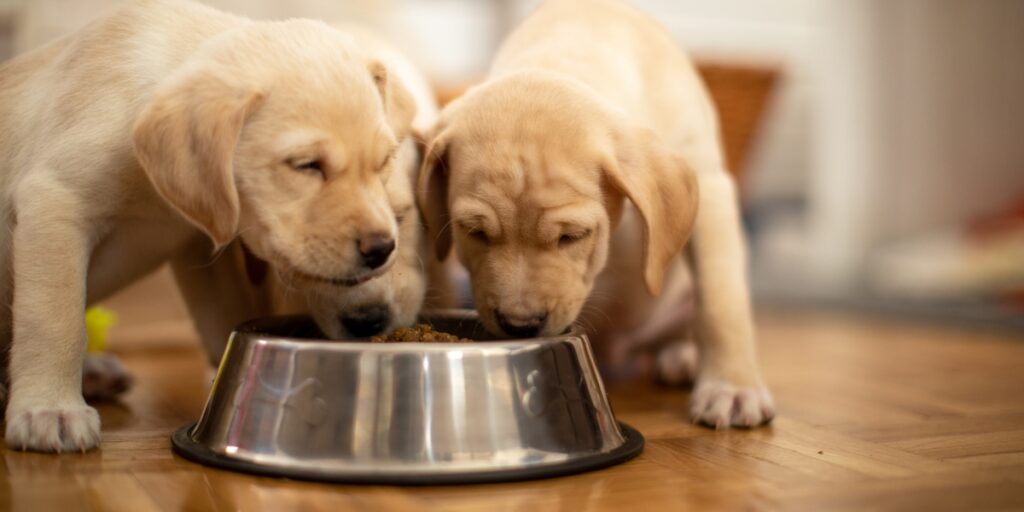
Do you have enough time to manage caring for the bitch and the puppies? It’s a full-time job, nights included, especially when the puppies first arrive.
Do you have enough space for the pups? And are you okay with constantly cleaning up the mess little mischief-makers will be making? Think about other all your other commitments.
Don’t forget the cost of upkeep – puppies eat a lot, you will also need a big supply of puppy pads and toys. Are you ready for potential veterinary costs in case of an emergency, but also to do with vaccinations and health checks?
Is there a veterinarian ready to dock the puppies if that’s required?
When planning to breed your gundog, the shooting season plays a significant role in determining the best timing. The primary shooting season runs from September to February, so it’s important to ensure that your gundog is not heavily pregnant or whelping during this period if you intend to use her for work.
Pregnancy, whelping and the demands of caring for puppies can limit her ability to perform in the field, which could be a critical factor if you rely on the dog for active shooting days.
Ideally, breeding should be timed so that the bitch is able to fully recover from pregnancy and whelping before the next shooting season begins. This will allow her to be in peak condition for the season ahead.
Additionally, early socialisation and training for the puppies will also need to be carefully considered, as missing key training windows could affect their future working ability.
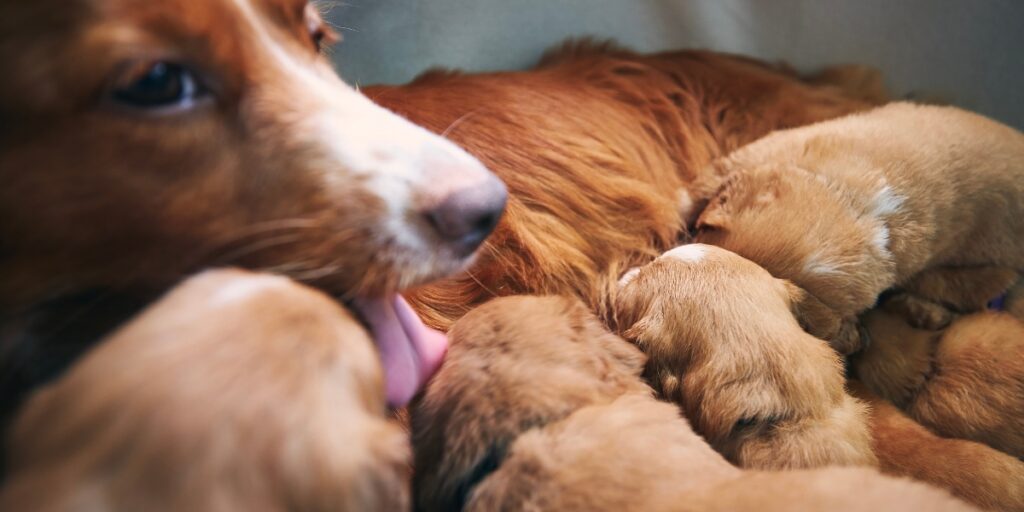
Mum needs a warm, calm place to whelp, away from other family dogs. She may be protective and you want to avoid causing her stress. Growing puppies will need increasing amounts of space to explore and play.
After successful mating, the next nine weeks will involve looking after mum until delivery and beyond. Expect sleepless nights helping her cope with her puppies’ demands.
Plan for the new pups’ development – it’s not just about growing: they will need an enriching environment to play in and explore; to become desensitised to everyday sounds, like the vacuum cleaner; and be socialised with gentle handling by careful adults and older children.
Always question potential families thoroughly to be satisfied they are suitable.
After the all-clear from the vet, as well as the relevant paperwork, you should be sending your puppies off with full care instructions.
The puppies should leave with some of their usual food, and a familiar toy or bedding to make transition to their new home less scary.
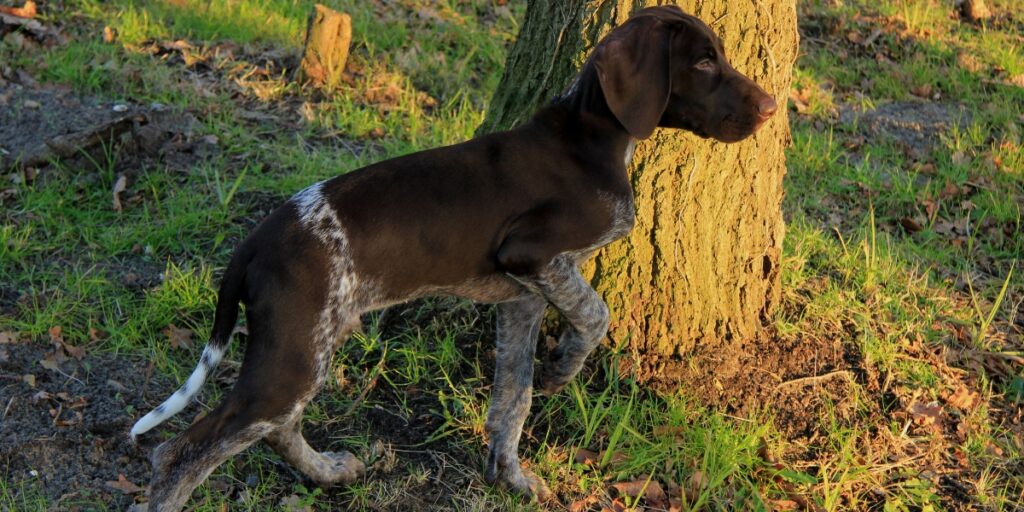
The BASC Breeder Club five weeks’ free insurance includes up to £4,000 towards vet’s fees and free expert veterinary advice 24/7 with the Agria app. This extra protection will offer peace of mind for both you and the owners for those vulnerable first weeks in the puppies’ new homes.
Their owners will be introduced to the benefits of BASC dog insurance and you will be rewarded every time one of your puppies’ owners takes out a BASC dog insurance lifetime policy.
BASC Direct Ltd is an Introducer Appointed Representative of Agria Pet Insurance Ltd who administer the insurance and is authorised and regulated by the Financial Conduct Authority, Financial Services Register Number 496160. Agria Pet Insurance is registered and incorporated in England and Wales with registered number 04258783. Registered office: First Floor, Blue Leanie, Walton Street, Aylesbury, Buckinghamshire, HP21 7QW. Agria insurance policies are underwritten by Agria Försäkring.

A group of enthusiastic shots enjoyed a simulated game day at F&T Sporting to kick off the BASC Wales Women in Shooting 2025 programme.
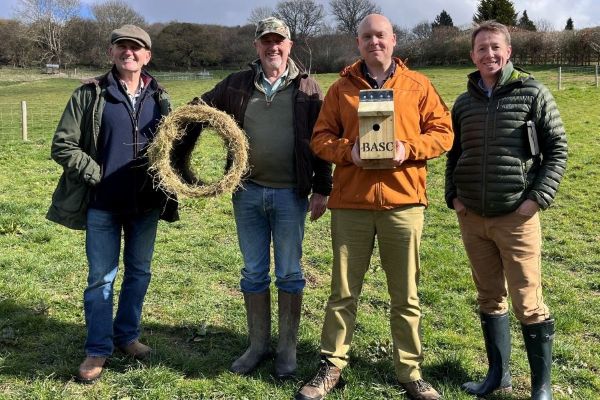
Tewkesbury MP Cameron Thomas saw the benefits of conservation work up close on a recent visit to a local syndicate shoot.
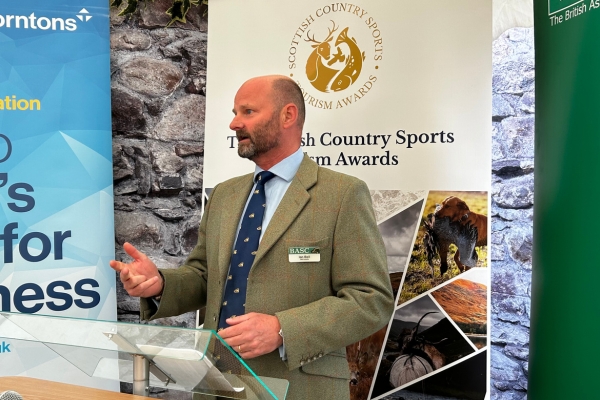
Scotland’s country sports tourism sector was celebrated in style at the 2025 Scottish Country Sports Tourism Awards.